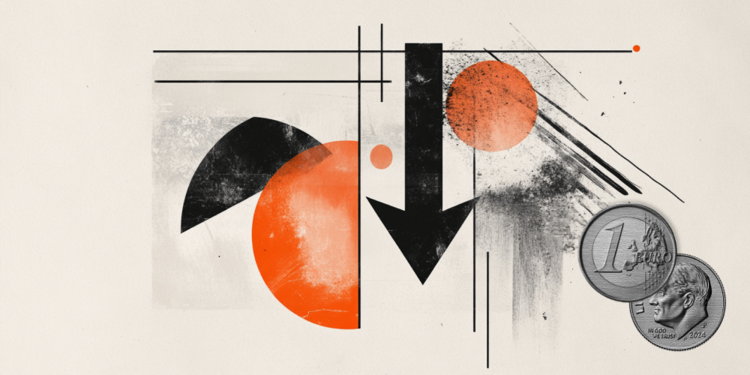A variant of the flu virus, called H3N2, may be responsible for the rise in cases of the disease in the city of São Paulo. According to the Municipal Health Department, in the last week there was a “significant increase” in people with flu-like illness in health units in the capital.
In the first fortnight of this month, cases of respiratory care have already surpassed the suspicions of Covid-19. There were 46,557 cases of respiratory problems and 56,220 suspected coronaviruses. In November, confirmed flu cases were already close to the level of care provided by Covid-19.
The municipal secretary of Health of São Paulo, Edson Aparecido, told the CNN that the capital has an influenza outbreak. He warns that the vaccines applied in São Paulo were to fight the H1N1 virus and that, for the H3N2, another immunizing agent is needed.
According to the director of the Brazilian Society of Immunizations, infectious diseases specialist Renato Kfouri, this variant is already circulating in other countries and the expectation was that it would only arrive in Brazil next year, in early spring. By then, the country would have the vaccine updated to protect against the H3N2 virus.
The impoundment of flu cases on behalf of Covid-19, however, and care such as wearing a mask meant that the arrival of this flu variant was anticipated, which is not common, according to Kfouri. In addition, the relaxation of restrictive measures has also caused flu cases to increase.
Capitals such as Rio de Janeiro, Belo Horizonte, Manaus and Porto Alegre are already experiencing a situation similar to the seasonal flu epidemic, which happens every year.
The concern now is with risk groups such as the elderly, pregnant women, children, people with chronic diseases and immunosuppressed people.
The good news is that there is treatment for Influenza when the disease is diagnosed at the onset of symptoms such as fever, body pain and malaise.
The director of the São Paulo State Contingency Center, Paulo Menezes, said that, for the time being, there will be no new restrictive measures. The care recommendation follows the one that has already been adopted to contain the coronavirus, such as using masks, cleaning hands and avoiding agglomeration.
Reference: CNN Brasil







